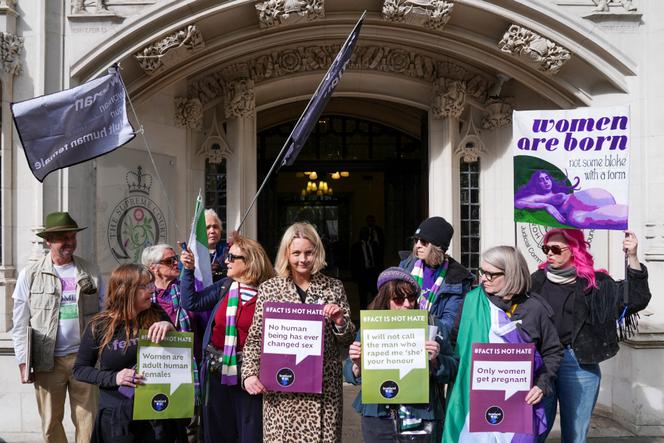
THREAD: uk supreme court stirs fury
LifeLine™ Media threads use our sophisticated algorithms to construct a thread around any topic you want, providing you with a detailed timeline, analysis, and related articles.
News Timeline


UK SUPREME COURT Stirs Fury With Bold “Woman” Ruling
— The UK Supreme Court has ruled that the word “woman” means biological female in law. This decision, made by five judges, keeps single-sex spaces like locker rooms and shelters for women only. Transgender women are not included under this definition in the Equality Act. Author JK Rowling called it a big win for women’s rights. After the ruling, thousands took to London’s streets to protest. Some activists damaged statues in Parliament Square, including one honoring suffragette Millicent Fawcett. These protests show how divided Britain is over gender identity and legal definitions. Many conservatives believe this ruling protects women’s safety and privacy while keeping laws clear. Supporters of the court say it defends common sense and real equality for girls and women. Opponents argue it leaves transgender people out of important legal protections. The debate is far from over as both sides dig in their heels.
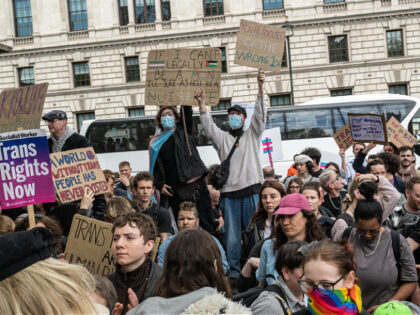
SUPREME COURT Shock: Angry Trans Activists Deface Historic London Statues
— Furious activists filled Parliament Square after the British Supreme Court ruled that sex is biologically binary. The court’s decision blocks men who identify as women from entering women-only spaces. Protesters responded by vandalizing statues, including the famous suffragette Millicent Fawcett monument.
Demonstrators held signs saying “trans women are real women” and “biology is not binary.” Palestinian flags and transgender symbols waved side by side, as speakers urged unity between trans activists and pro-Palestinian groups.
The crowd chanted, “One struggle, one fight: Palestine — trans rights.” Many online slammed this message as out of touch since LGBTQ people face harsh punishment under Islamist regimes like Hamas in Gaza. In much of the Middle East, homosexuality is illegal and can lead to severe penalties.
Critics called out the protestors for being either ignorant or hypocritical. Author Aviva Klompas said their lack of awareness was shocking, while former IDF spokesman Peter Lerner noted that many LGBTQ Palestinians escape to Israel to avoid persecution in Gaza.

ROWLING’S Triumph: UK Supreme Court Delivers Stunning WIN For Women’S Rights
— The UK Supreme Court just ruled that only those born female are legally recognized as women. This means transgender women are not included in the legal definition of “woman.” Author JK Rowling celebrated the news on X, sharing a photo with a drink and cigar, writing, “I love it when a plan comes together. #SupremeCourt #WomensRights.”
Rowling thanked For Women Scotland, the group behind the case. She joked her husband was celebrating like it was Victory in Europe Day, posting, “Neil says it’s TERF VE Day.” For Women Scotland called the ruling a big win for women’s rights and children’s safety.
The decision has sparked heated debate online. Supporters say this protects biological women under law. Critics claim it leaves out transgender people.
Rowling has stood firm on this issue for years and still faces backlash from left-wing activists. She believes keeping clear definitions is key to protecting spaces meant for women only.;
UK SUPREME COURT Delivers Powerful WIN for Women’S Spaces
— The UK Supreme Court has made a strong ruling: women-only spaces like bathrooms, hospital wards, and sports teams must be kept for those born biologically female. The court said single-sex services cannot include biological males, no matter their gender identity or legal paperwork. The Equality and Human Rights Commission will update its public guidelines by summer to match this decision. Transgender activists are upset, claiming the ruling harms their rights. Still, the court stressed that anti-discrimination laws protect transgender people but do not change what it means to be biologically female. This case started in Scotland over a law that said half of public board members must be women. The question was whether transgender women with legal certificates should count as women for these quotas. The court decided only biological sex matters under the Equality Act’s definition of “woman.” There are about 66 million people in England, Scotland, and Wales. Of those, around 116,000 identify as transgender. Only about 8,500 have received gender recognition certificates since the process began.
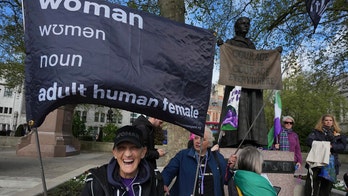
UK SUPREME COURT’S Bold Woman Ruling Sparks JOY And Outrage
— The United Kingdom’s Supreme Court has ruled that a woman is someone born biologically female. This decision means transgender women are not included in the legal definition of a woman under the U.K. Equality Act. The court said transgender women can be kept out of single-sex spaces like changing rooms, homeless shelters, and medical services meant for women only. Even those with legal documents saying they are female do not count as women for these rules. Justice Patrick Hodge explained, “This does not remove protection from trans people.” He stressed that they still have rights against discrimination based on gender reassignment. Women’s rights activists cheered outside the Supreme Court after hearing the news. Meanwhile, transgender activists slammed the decision and urged lawmakers to push back, but supporters say this ruling protects biological women in important spaces.

UK SUPREME COURT’S Bold Ruling Defines “Woman”—Sparks Relief And Outrage
— The UK Supreme Court has ruled that a woman is someone born biologically female. This means transgender women are not included in the legal definition of a woman under British law. Groups can now limit single-sex spaces, like changing rooms and shelters, to biological women only. Justice Patrick Hodge explained that this ruling does not take away protections for transgender people. He said using “certificated sex” instead of biological sex would make the law confusing and unclear. Women’s rights advocates cheered outside the court after hearing the decision. Many see it as a win for common sense and safety in public spaces. This landmark ruling is sure to fuel more debate about gender identity and legal rights across Britain. Both sides are preparing for what comes next in this heated national conversation.
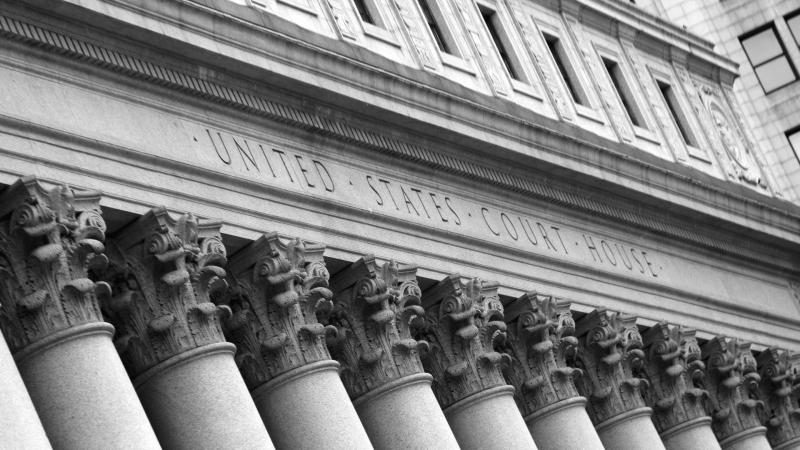
UK Government’s BOLD Move to OVERRIDE Controversial Sentencing
— The UK government plans to pass an emergency law to override newly released sentencing guidelines. This decision follows criticism from Conservative shadow justice secretary Robert Jenrick, who accused the Sentencing Council of yielding to outside pressures. The guidelines aimed at addressing sentencing disparities among ethnic groups but have sparked significant controversy.
New legislation will be introduced to tackle heated debates over the sentencing of ethnic minority offenders. The law seeks to address delays in justice for victims, especially those reporting serious crimes like rape, who face long waits for trials. This initiative highlights the government’s commitment to ensuring timely justice and addressing public concerns over fairness in the legal system.
Delaware’s STRATEGIC Law Change: Keeping Businesses HOME
Delaware has enacted changes to its corporate conduct regulations following high-profile departures like Elon Musk’s exit from the state. This legislation aims to prevent further corporate exoduses and underscores Delaware’s commitment to maintaining a business-friendly environment. By adapting its laws, Delaware seeks to retain businesses and bolster its economic standing amid competitive pressures from other states.
GOVERNMENT’S BOLD Move: Sentencing Rules Overhaul Sparks Fury
— The UK GOVERNMENT plans to override sentencing guidelines amid a heated debate over ethnic minority offender sentencing. This move comes as victims of serious crimes face long delays in seeing suspects tried. Some cases, including rape, have seen trial delays extending up to four years.
In response, the government announced an emergency law to counteract the Sentencing Council’s guidance. The Council aimed to address racial disparities in justice but faced significant opposition. Conservative shadow justice secretary Robert Jenrick criticized the Council for yielding under pressure after he threatened legal action against them.
The Sentencing Council comprises senior legal figures from England and Wales who believed their guidelines would promote fairness across ethnicities. However, the government’s decision reflects concerns over potential negative impacts on crime victims’ rights and timely justice delivery.

UK ASSISTED DYING Bill Shock: Parliament’s Bold Move Stirs Debate
— The UK Parliament has decided to remove the need for judicial approval in the controversial ASSISTED DYING BILL. This decision has sparked intense political and public debate. The change marks a significant shift in how assisted dying will be regulated across the nation.
In a diplomatic move, the UK government revoked accreditation for two Russian diplomats amid rising espionage concerns. This action mirrors steps taken by Russia and highlights ongoing tensions between the two nations. The decision underscores Britain’s firm stance on national security issues.
A maritime incident in the North Sea led to the arrest of a cargo ship captain on suspicion of manslaughter after colliding with an oil tanker. This raises critical questions about maritime safety regulations in British waters. Authorities are conducting thorough investigations to determine accountability and prevent future occurrences.
Environmental concerns at Lake Windermere have prompted government action following severe pollution from sewage overflow. The UK government has pledged immediate measures to clean up this iconic beauty spot as part of its broader environmental restoration efforts. Meanwhile, Prime Minister Keir Starmer faces criticism for blocking a bill banning first-cousin marriages due to health risks, reigniting debates on public health policy and cultural traditions.
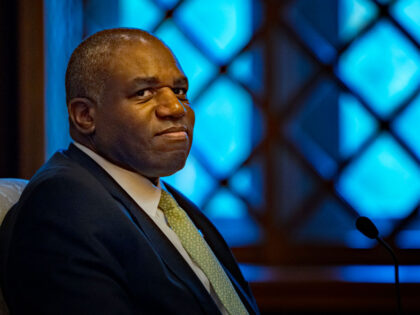
UK’S SHOCKING Sentencing Plan: Ministers WARN of ‘Two-Tier’ Justice
— New sentencing guidelines in the UK suggest leniency for ethnic and religious minorities, sparking backlash from government ministers. They argue this creates a “two-tier justice” system, undermining equality under the law. The left-wing government faces criticism for promoting policies it previously dismissed as conspiracy theories.
The Times of London reports these guidelines stem from research by senior government members, including Foreign Secretary David Lammy. His 2017 review highlighted racial discrimination in the justice system and recommended changes to improve outcomes for minority offenders. This puts the current government at odds with its own past activism on justice reform.
Prominent figures like Nigel Farage criticize the Sentencing Council’s new guidance as “woke” and unaccountable, claiming it favors minorities over others. He points out that Prime Minister Rishi Sunak was once part of this council, suggesting deeper ties to these controversial changes.
Robert Jenrick also condemns the Labour government’s stance on equality under law, accusing them of hypocrisy or negligence. He warns that such policies could erode public trust in legal fairness by appearing biased against Christians and straight white men.

TRUMP FIGHTS Back: Legal Showdown Over Policies Ignites Debate
— Justice Sonia Sotomayor affirmed that court decisions “stand,” addressing concerns about President TRUMP’s acceptance of legal rulings. Liberals worry about potential defiance from the administration.
President Trump, with Elon Musk’s backing, aims to cut federal employees quickly but faces legal obstacles. The administration challenges rules that protect executive branch officials from layoffs.
Major corporate law firms have united against Trump policies, focusing on immigration and transgender rights issues. At least eight top firms represent plaintiffs in these legal battles.
The Justice Department has accused New York of favoring illegal immigrants over citizens, targeting the state’s “green light” law for driver’s licenses for undocumented individuals. Pam Bondi announced a lawsuit excluding New York City and Mayor Adams but focusing on state-level policies.

UK JUDGE’S BOLD Decision Stirs Controversy: Palestinian Family Gains Entry
— A Palestinian family, displaced by an Israeli airstrike in Gaza, applied to enter the U.K. under the Ukraine Family Scheme. Although not Ukrainian, they sought a compassionate interpretation of the law. The British Home Office initially rejected their application last May.
The family appealed to an immigration tribunal judge, who also rejected their case. However, an upper tribunal judge later upheld their appeal in January, citing the European Convention on Human Rights’ “right to family life.” This decision sparked criticism from many in the British political establishment.
Critics argue that allowing this exception could lead to a flood of similar cases from Gaza and accuse judges of overstepping by altering government policy without authority. Shadow home secretary Chris Philp emphasized that judges should not create new schemes based on broad interpretations of human rights law.
Judge Hugo Norton-Taylor defended his ruling by highlighting the severe risks faced by the family’s youngest children if they remained in Gaza. He dismissed concerns about opening floodgates, asserting that his decision was based solely on this case’s unique circumstances and facts.
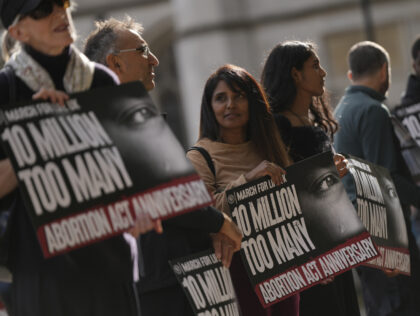
UK’S ABORTION Law IGNITES Fiery Debate Over Free Speech and Safety
— A new law in England and Wales bans protests within 150 meters of abortion clinics, aiming to protect women from harassment. Similar measures have been enacted in Scotland and Northern Ireland. The law penalizes those obstructing or influencing individuals seeking abortion services, with offenders facing unlimited fines.
The legislation, part of the previous Conservative government’s Public Order Act, faced delays due to debates over silent prayer protests and a government change in July. The Crown Prosecution Service states that silent prayer near clinics may not always be criminal, leaving police to evaluate each situation individually. Anti-abortion groups argue this infringes on religious freedom, while pro-choice advocates claim such demonstrations can intimidate women entering clinics.
In March 2023, lawmakers rejected a proposal by some conservatives to allow silent prayer within buffer zones explicitly. This decision leaves room for legal challenges as both sides prepare for potential court battles over the interpretation of these rules. Crime and Policing Minister Diana Johnson expressed confidence that the new safeguards will help women feel safer accessing essential services without fear of intimidation or distress.

SUPREME COURT Decision Sparks Fury: Virginia Voter Purge Backed
— The Supreme Court’s conservative majority upheld Virginia’s voter registration purge on Wednesday. The state argues this action prevents non-citizens from voting. This decision aligns with Virginia’s Republican administration under Governor Glenn Youngkin.
A Virginian affected by the purge criticized it as “a very bad October surprise,” despite living in the state her entire life. The court’s ruling came over the dissent of its three liberal justices, highlighting a clear ideological divide.
The Supreme Court did not provide an explanation for its decision, which is common in emergency appeals. This move underscores ongoing debates about voter registration and election integrity across the nation.

BIDEN DEMANDS Supreme Court Shake-UP: Sparks Intense Debate
— President Biden has called for major changes to the Supreme Court, sparking a heated debate. Co-host Jonathan Lemire discussed the topic with Senator Cory Booker, who downplayed the extent of the proposed reforms.
Booker argued that these changes are practical and have bipartisan support. He emphasized that the highest court should not have low ethics standards, pointing out that right-wing billionaires are giving lavish gifts to justices with cases before the court.
Booker also supported term limits for justices, similar to other major democracies. He stressed that courts should not be influenced by financial gifts from interested parties as this undermines democracy and delegitimizes institutions.

SUPREME COURT Shocker: Emergency Abortions Allowed in Idaho
— The Supreme Court is set to permit emergency abortions in Idaho when a pregnant patient’s health is at serious risk. A draft opinion briefly posted on the court’s website indicates a 6-3 vote to reinstate a lower court order allowing such procedures. Conservative Justices Thomas, Alito, and Gorsuch dissented.
Justice Ketanji Brown Jackson noted that this decision does not resolve the core issues of Idaho’s strict abortion ban. She emphasized that today’s ruling is merely a delay, not a victory for pregnant patients in Idaho. The case will continue at the 9th U.S. Circuit Court and may return to the Supreme Court later.
The Supreme Court acknowledged an inadvertent posting of the document and stated that an official opinion would be issued “in due course.” This development leaves many key questions unanswered, prolonging uncertainty around Idaho’s abortion laws.
— Trump Faces Legal Setback: Gag Order Upheld Amidst Ongoing Challenges Former President Trump encounters another legal blow as court upholds gag order despite his vocal opposition
— SUPREME COURT UPHELD SOUTH CAROLINA DISTRICT: Ruling maintains Republican control, dismisses discrimination claim against Black voters
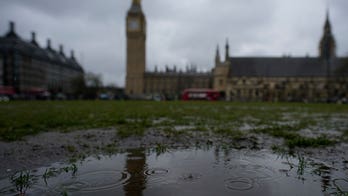
UK Government’s CLIMATE STRATEGY Crumbles Under Court Scrutiny
— A High Court judge has ruled the UK government’s climate strategy illegal, marking another significant setback. This decision is the second time in two years that the government has failed to meet its legal emissions targets. Justice Clive Sheldon highlighted that the plan lacked credible evidence to support its feasibility.
The scrutinized Carbon Budget Delivery Plan was intended to drastically cut greenhouse gas emissions by 2030 and reach net zero by 2050. Yet, Justice Sheldon criticized it for being “vague and unquantified,” pointing out a serious lack of detail and clarity in the proposal.
Environmental organizations argued successfully that the government did not disclose vital details about how it would implement its strategy to Parliament. This omission of information hindered proper legislative oversight and played a pivotal role in the plan’s rejection by the court.
This ruling sends a clear message about accountability and transparency needed in governmental actions, especially concerning environmental policies critical for future generations.
— Supreme Court Examines State Abortion Ban Impact Post-Nationwide Overturn The Supreme Court is reviewing the effects of a state abortion ban following the overturn of the national right to abortion

— Man Sets Himself on Fire Outside Courtroom Ahead of Donald Trump Trial A man self-immolates outside a New York courtroom where jury selection for Donald Trump’s hush money trial was underway, creating a shocking scene
— Supreme Court Rejects States’ Efforts to Bar Trump Under 14th Amendment, Fueling Election Uncertainty The Supreme Court ruling dismisses state attempts to block Trump’s candidacy under the 14th Amendment, potentially leading to increased electoral ambiguity
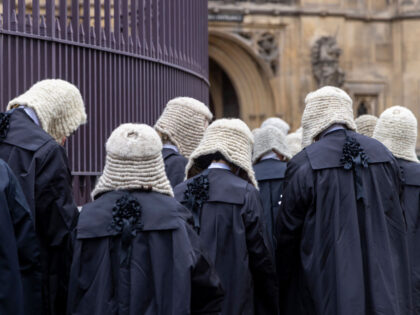
UK Courts ISSUE Stark WARNING: The Dangers of AI in Legal Analysis
— The UK’s Courts and Tribunals Judiciary recently sounded an alarm over the use of artificial intelligence (AI) in legal research and analysis. They pointed out potential pitfalls such as misinformation, bias, and inaccuracies. Master of the Rolls Geoffrey Vos stressed that judges should continue to take personal responsibility for their decisions, while not completely rejecting AI.
This caution comes at a time when conversations are heating up about the future role of AI in law. Possibilities range from replacing lawyers to making case decisions. The judiciary’s careful approach is seen as forward-thinking for a profession usually slow to embrace technology. Ryan Abbott, a law professor at the University of Surrey, highlighted that there is currently an intense debate about how to regulate AI.
Legal experts have applauded this move by the judiciary as it addresses recent advancements in AI technology head-on. England and Wales are now among leading courts worldwide tackling this issue proactively. Half a decade ago, the European Commission for Efficiency of Justice released an ethical charter on using AI in court systems which focused on principles like accountability and risk management.
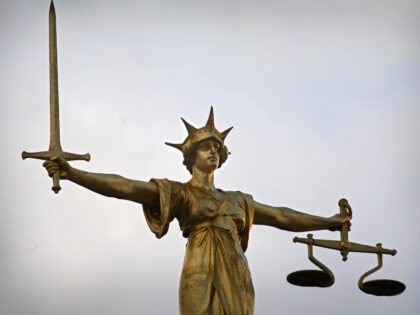
ISIS PROPAGANDIST Scores UK Citizenship: A Shocking Blow to National Security
— In a controversial move, UK judges have granted citizenship to a Sudanese migrant, known as “S3”. This individual entered the UK illegally in 2005 and 2018. Despite clear evidence of his involvement in spreading ISIS propaganda, he has been awarded lifelong anonymity and British citizenship.
This decision was made under the premise that deporting S3 would infringe upon his human rights. The argument is that he could face detention and torture if returned to Sudan. However, this reasoning overlooks S3’s multiple trips back to his home country without any reported persecution.
During one of these visits in December 2016, MI5 security service alleges that S3 actively spread ISIS propaganda on social media platforms. The government has voiced concerns about the potential national security threat posed by S3 due to his extremist activities.
The case has sparked further debate about border control and national security implications. Earlier this year, it was revealed that at least 53 convicted terrorists were shielded from deportation due to justifications provided by the European Convention on Human Rights (ECHR). Critics like Nigel Farage argue for leaving ECHR as a means of regaining control over national borders.
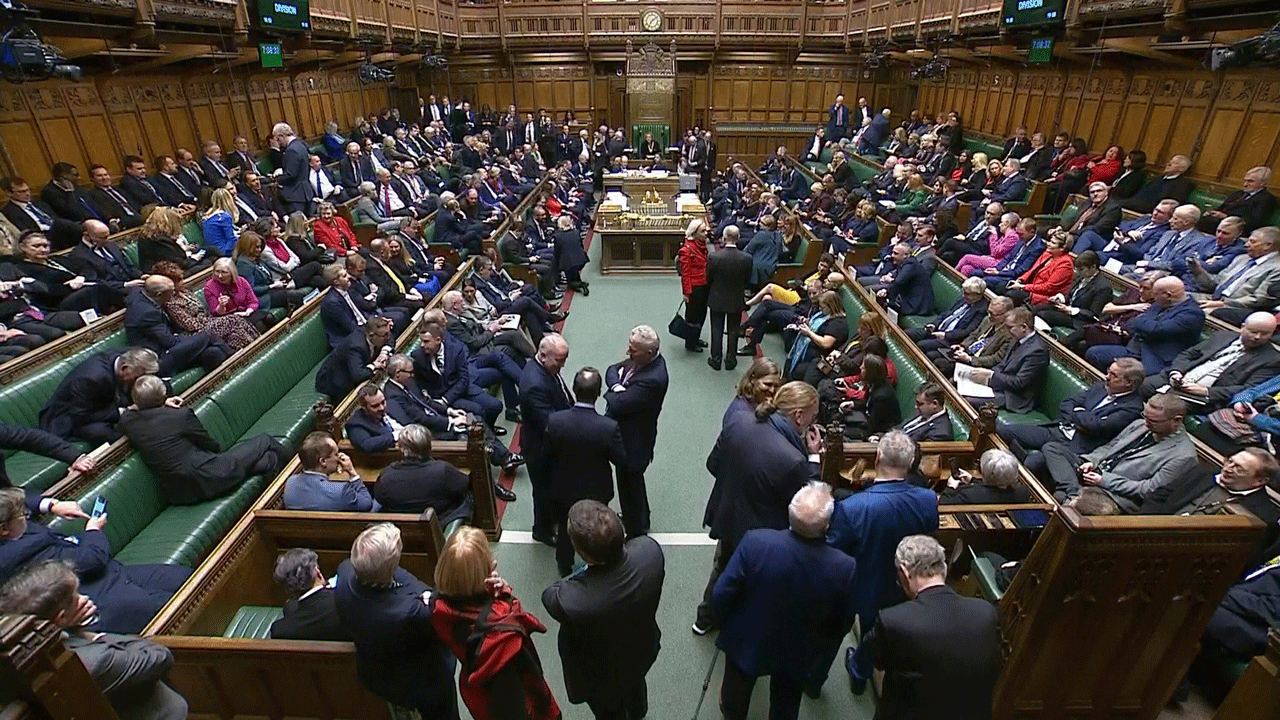
ASYLUM-SEEKERS Shock: UK Lawmakers Vote to Send Refugees to Rwanda Despite Heated Controversy
— In a move that has stirred up considerable controversy, British lawmakers have given their approval to the government’s controversial plan. This plan involves sending asylum-seekers on a one-way journey to Rwanda. Human rights groups have expressed strong disapproval, and the policy has already cost the U.K. a staggering $300 million without any flights having taken off yet. The House of Commons gave its nod to the government’s Rwanda bill by 313-269 votes, thereby preventing a defeat that could have undermined Prime Minister Rishi Sunak’s authority.
The primary aim of this bill is to bypass a U.K. Supreme Court ruling that declared it illegal for migrants who reach Britain via boats across the English Channel to be sent off to Rwanda. This vote was pivotal for Sunak’s Conservatives who command an impressive majority and haven’t seen a government bill defeated at its first Commons vote since 1986.
However, not everyone in the Conservative party is onboard with this decision. The Safety of Rwanda (Asylum and Immigration) Bill faces opposition from Conservative centrists who argue it teeters on violating international law, as well as lawmakers on the party’s authoritarian right who believe it doesn’t go far enough in ensuring unauthorized migrants can be deported. Earlier this week, many hard-liners threatened

Video
STARKEIR STARMER’S £100K Freebies Spark Outrage
— Prime Minister Sir Keir Starmer has received more freebies than any other MP since becoming Labour leader. He declared gifts and hospitality worth over £100,000, surpassing all other MPs. These gifts include tickets to sporting events and lavish dinners from various organizations.
This trend of MPs receiving substantial benefits raises ethical questions about the influence of such gifts on political decisions. Public trust in politicians is already low, and further scrutiny is anticipated from both the public and political adversaries. Starmer’s office claims all gifts were declared according to parliamentary rules, ensuring transparency.
The disclosure has sparked debate on stricter regulations for MPs accepting gifts and benefits. Critics argue that lavish gifts can lead to conflicts of interest and compromise impartiality. Supporters say these experiences help politicians engage with different sectors, benefiting their understanding and policy-making.
As the story unfolds, calls for reform in regulations governing MPs may arise. Sky News’ investigation highlights the blurred lines between politics and external influences, prompting a re-evaluation of ethical standards for public servants.
More Videos
Invalid Query
The keyword entered was invalid, or we couldn't gather enough relevant information to construct a thread. Try checking the spelling or entering a broader search term. Often simple one-word terms are enough for our algorithms to build a detailed thread on the topic. Longer multi-word terms will refine the search but create a narrower information thread.
Politics
The latest uncensored news and conservative opinions in US, UK, and global politics.
get the latestLaw
In-depth legal analysis of the latest trials and crime stories from around the world.
get the latest
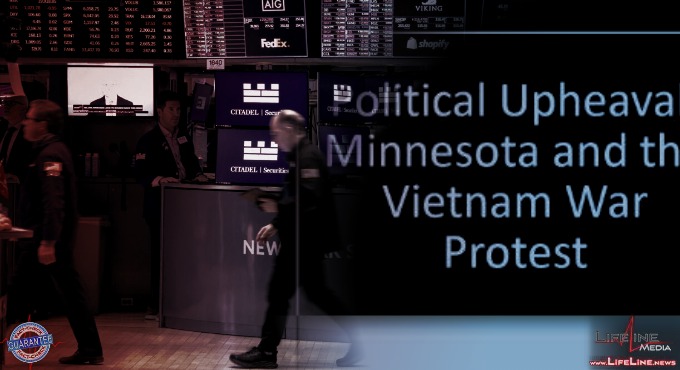
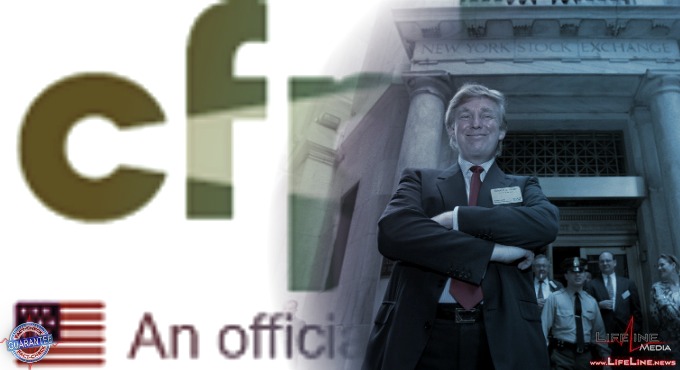





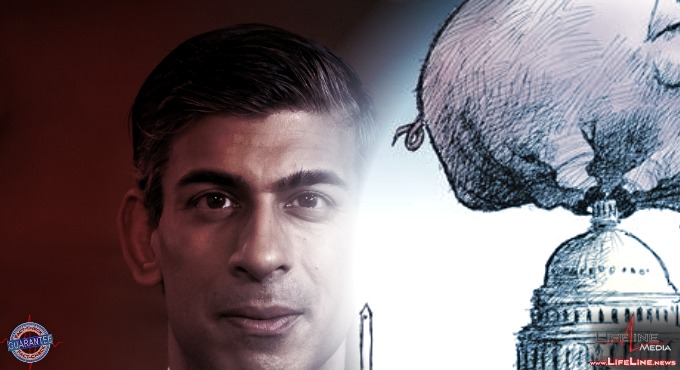
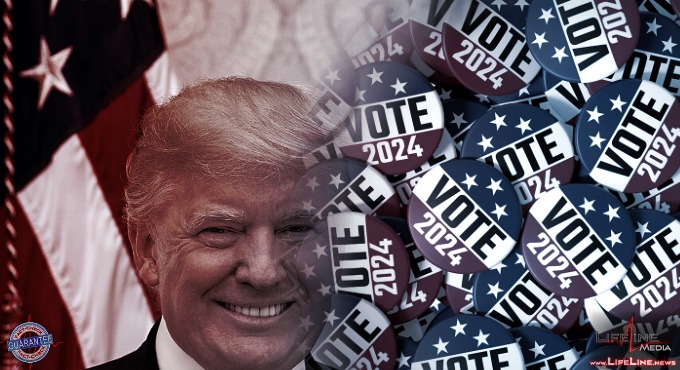

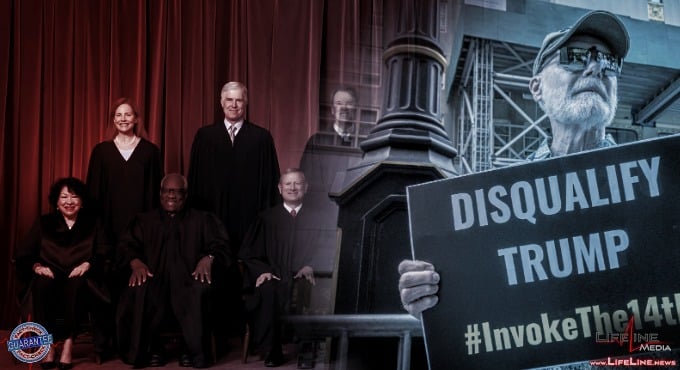


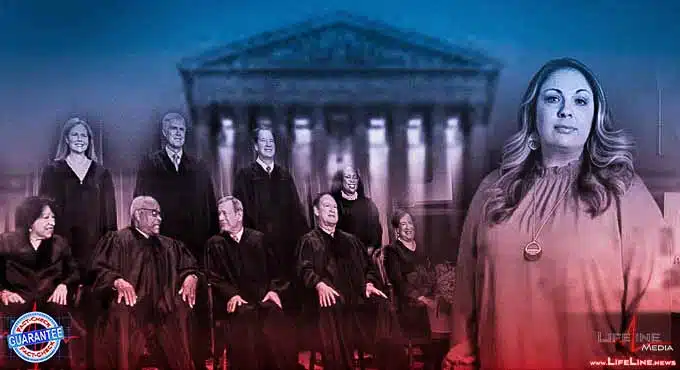
Social Chatter
What the World is SayingAt this point, any lawyer recommending incorporation in Delaware is committing malpractice
. . .U.S.'s TikTok BAN Will Go Into Effect January 19th Unless Supreme Court Intervenes | E! News. U.S.'s TikTok BAN Will Go Into Effect January 19th Unless Supreme Court Intervenes | E! News The TikTok ban is looming ever closer as the app plans on shutting down in the United States January 19th unless the Supreme ...
. . .Heated debate in Rajya sabha | Ambedkar | Congress V/S BJP | Amit Shah | Parliament Session |Sansad. Heated debate in Rajya sabha | Ambedkar | Congress V/S BJP | Amit Shah | Parliament Session |Sansad Heated debate in Rajya sabha | Ambedkar | Congress V/S BJP | Amit Shah | Parliament Session |Sansad #rajyasabha ...
. . .Heated debate in Rajya sabha | Ambedkar | Congress V/S BJP | Amit Shah | Parliament Session |Sansad. Heated debate in Rajya sabha | Ambedkar | Congress V/S BJP | Amit Shah | Parliament Session |Sansad Heated debate in Rajya sabha | Ambedkar | Congress V/S BJP | Amit Shah | Parliament Session |Sansad #rajyasabha ...
. . .Heated debate in Rajya sabha | Ambedkar | Congress V/S BJP | Amit Shah | Parliament Session |Sansad. Heated debate in Rajya sabha | Ambedkar | Congress V/S BJP | Amit Shah | Parliament Session |Sansad Heated debate in Rajya sabha | Ambedkar | Congress V/S BJP | Amit Shah | Parliament Session |Sansad #rajyasabha ...
. . .